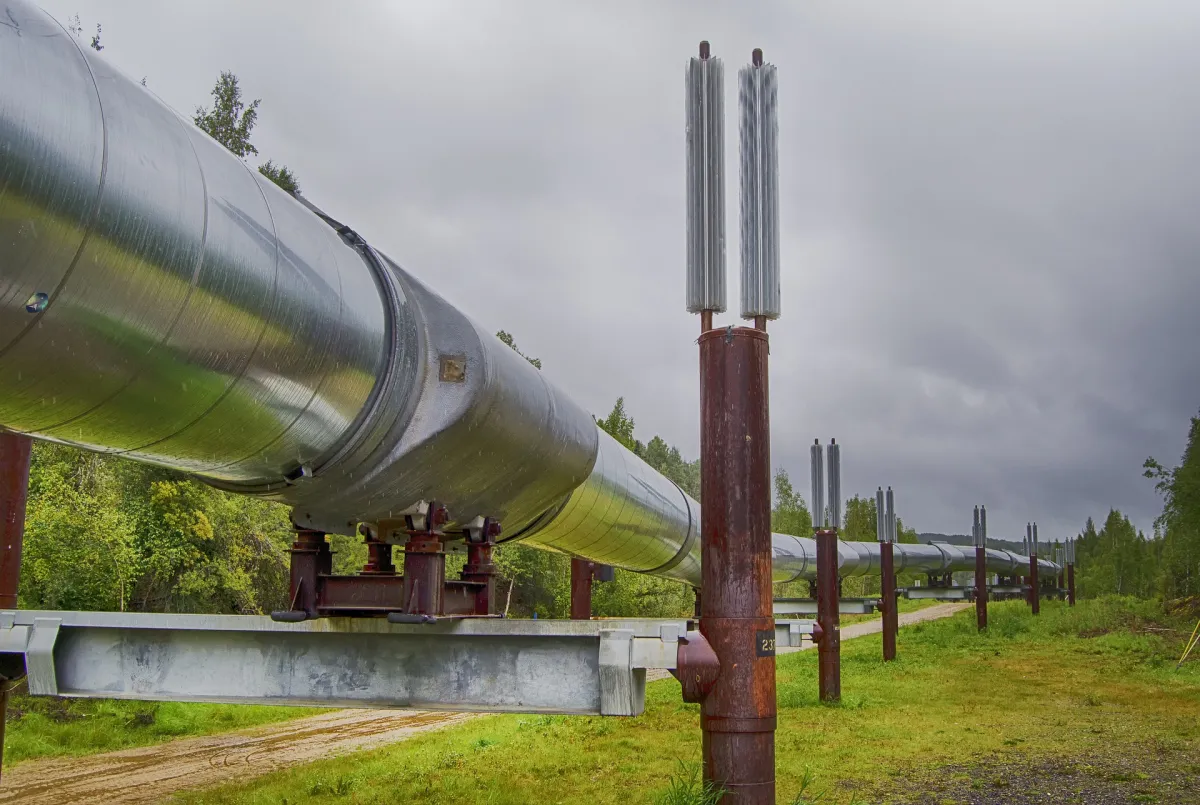Construction of oil pipelines, while often discussed in terms of environmental, economic, and indigenous concerns, seldom addresses a critical yet frequently overlooked aspect: the profound impact these projects have on women in affected communities. Women face unique challenges, from economic displacement and social disruption to health risks and cultural losses, which must be addressed to ensure more equitable and sustainable development.
Pipeline construction displaces communities, disrupting livelihoods that primarily rely on land for subsistence farming and small-scale trade. Women, who are often at the forefront of these activities, suffer the most. The employment opportunities generated by such projects are typically male-dominated, limiting women’s economic empowerment and perpetuating gender inequalities. Moreover, the influx of a predominantly male workforce can lead to increased gender-based violence and social disruption, exacerbating women’s vulnerabilities.
Environmental degradation resulting from pipeline construction also disproportionately impacts women, who are usually responsible for gathering water, fuel, and food. Contaminated resources lead to severe health issues, including reproductive health problems, while increasing the workload of women as primary caregivers.
Despite these challenges, women have been pivotal in resistance movements against pipeline projects. They have organized protests, legal challenges, and awareness campaigns to protect their communities and advocate for their rights. This underscores the urgent need to include women’s perspectives in decision-making processes. Addressing the multifaceted impacts of pipeline construction on women is crucial for fostering equitable and resilient communities. Empowering women through inclusive policies and practices can mitigate negative effects and promote sustainable development.
It is time to recognize and address the unique challenges women face due to oil pipeline construction. By including women’s voices in decision-making and developing policies that support their needs, we can work towards a future where development projects do not come at the expense of half the population.
Ms. Sarah kihembo is a Programs and Fundraising coordinator at Women For Sustainable Earth (WOSE) Kihembosarah52@gmail.com



